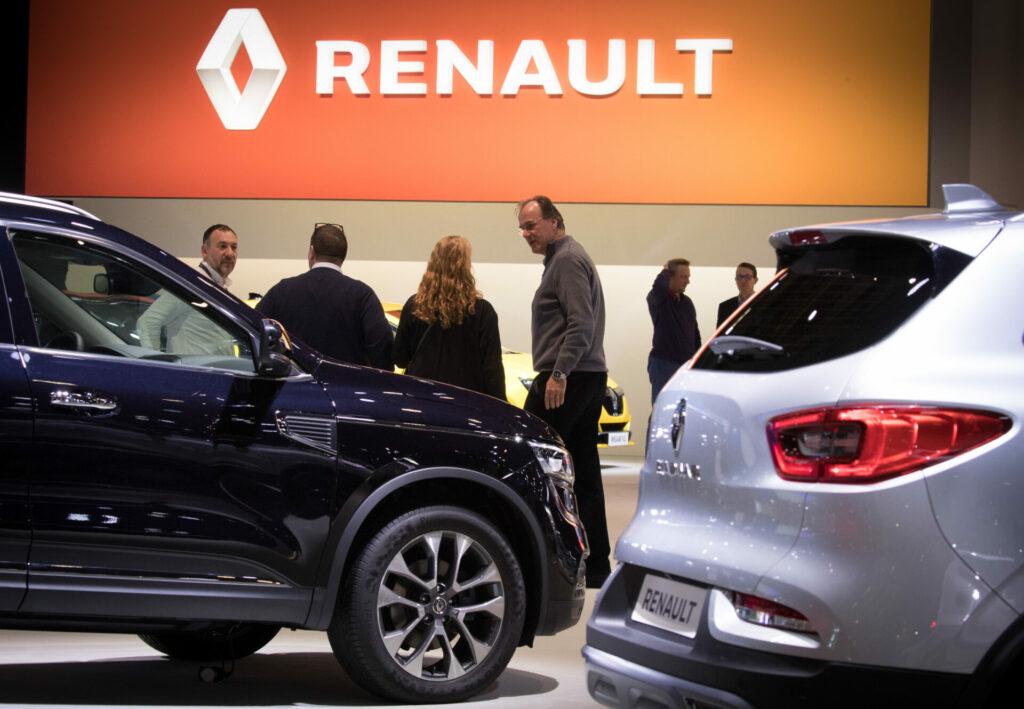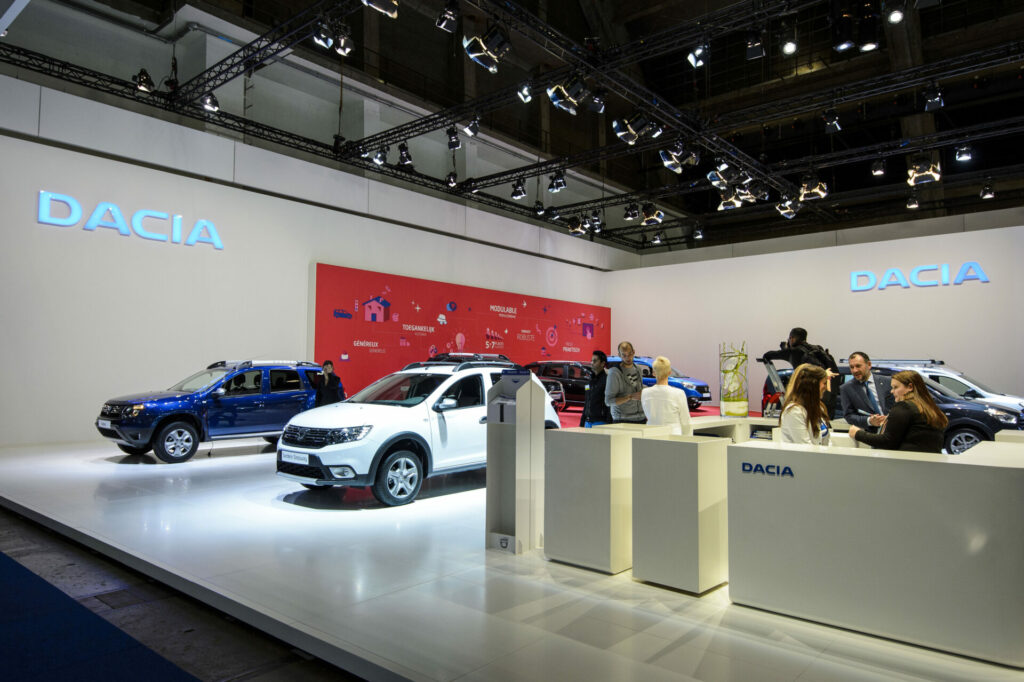Belgium's economic disparities are present in many aspects of daily life, with discussions frequently revolving around the perceived wealth imbalance between the Flemish and Walloons.
Comparisons occasionally extend to include Brussels residents and more often than not perpetuate the notion that the Flemish are economically superior to Walloons. However, it is essential to recognise that statistics can offer a skewed perspective of the country's economic dynamics.
A noteworthy illustration of this is the ranking of the most popular cars in 2023, recently published by automotive industry association Mobia.
Mobia’s ranking shows that nationally, the top-selling car is an SUV from the BMW brand, closely followed by a Tesla SUV. However, the real surprise emerges when comparing the preferences of Flanders and Wallonia. In Flanders, the top five comprises BMW, Tesla, Volvo, Audi, and Mini models. In contrast, the Walloon counterpart consists predominantly of Dacia models, emphasising a preference for low-cost options such as the Dacia Sandero, Duster, and Jogger, as well as smaller models like the Toyota Yaris and Citroën C3.

The question of affordability changes depending on who's footing the bill. Credit: Belga
Interestingly, the Brussels ranking strikes a more balanced note, featuring Citroën, Peugeot, Volvo, Tesla, and Fiat. Analysts point out the nature of these sales: the Flemish preference for luxury brands like BMW and Tesla is largely driven by the company car market, which is dominated by leasing companies primarily situated in Flanders. Conversely, Wallonia's preference for more affordable options aligns with private individual sales.
However, the economic narrative takes a turn when examining the used car market, a domain that provides a more accurate reflection of private individuals' behaviour. Surprisingly, both Flemish and Walloon populations favour the same car – the Golf. Additionally, the people of Brussels share a penchant for this German model.
Related News
- Young people less likely to be granted company cars in Belgium
- Belgium 'completely addicted' to cars: Is a green transition still possible?
Out of the 28,710 second-hand models purchased in Belgium last year, 51% were acquired by Flemish individuals, 39% by Walloons, and 10% by Brussels residents. This aligns curiously with the population distribution of the country, challenging preconceived notions about economic preferences.
In conclusion, while economic disparities are undoubtedly present in Belgium, it is essential to approach these discussions with nuance. The complexities revealed in car preferences showcase that economic behaviours are shaped by a multitude of factors, challenging the simplistic narrative often associated with Flemish and Walloon comparisons.

